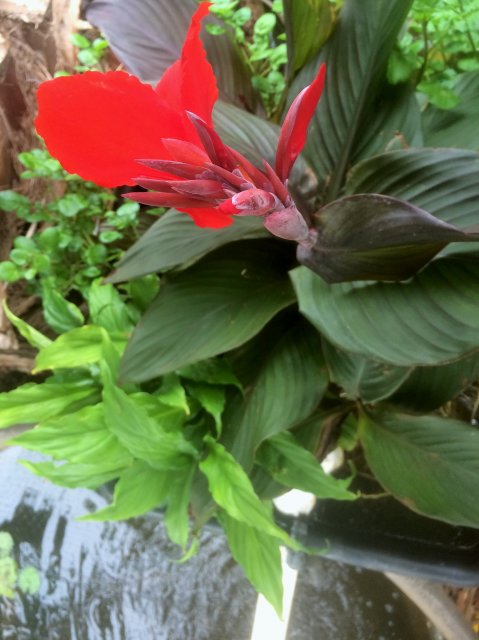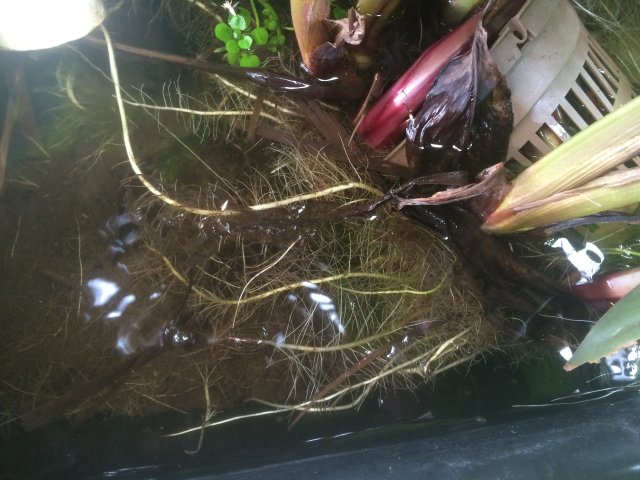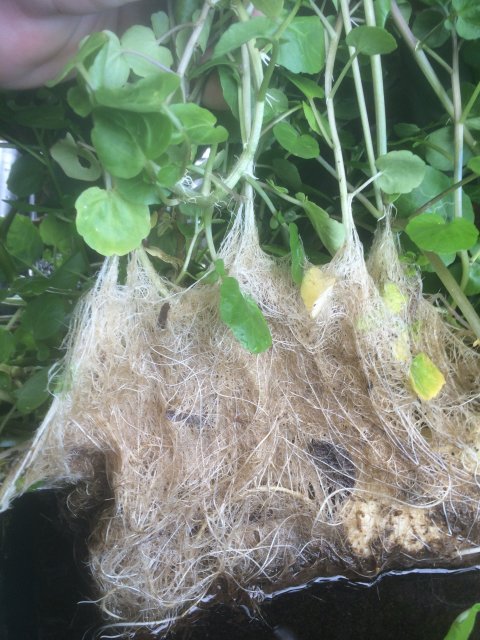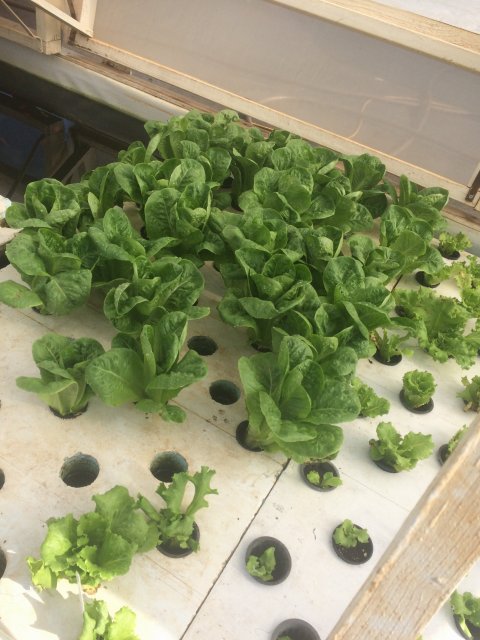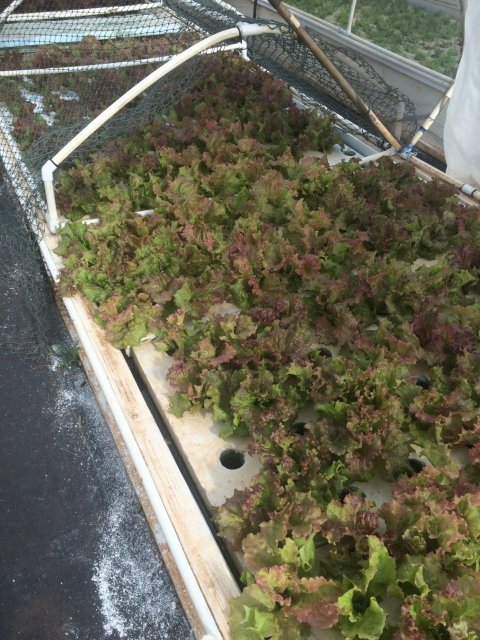The most effective plants are those not limited by either CO2, light or nutrients...Underwater plants, if no co2 is injected, are always CO2 limited.....Plants with unlimited aerial CO2 and sufficient light will be nutrient limited early or later in a fish tank if not supplemented....
Lol, I must have missed the part where you mentioned he does not do water changes......There is nothing one can do to avoid water changes I am afraid....for thousands of reasons and nitrates are just one of them.
Is denitrification a cure all for nitrogenous waste?
The necessity of denitrification in fish tanks is questionable, because one needs to aim at removing nitrogen at source(in the form of ammonia, fish poop, detritus and other organic compounds), not after it has gone through several chemical and bacterial processes which are highly oxygen demanding and produce other toxic waste which we do not know how to test for....Denitrification does not add oxygen to the water. Plants do. Oxygen is the limiting factor of a healthy aquatic system...and any method not taking this into account will end up in disasters.
Denitrification requires the opposite of what one should aim in resh water tanks, i.e. anoxic conditions....Do you think that maintaining an anoxic zone in a closed system will not have side effects such as promoting the growth of wrong type of bacteria and organics decomposition that produces toxic substances, or other pathogenic bacteria?
Planted tanks have a giant nitrification ability due to their delivery of oxygen in the water column and the substrate, around their roots.....You cannot achieve that amount of oxygen in the water column and especially not in the substrate by mere surface movement....They additionally remove fixed nitrogen in all forms and that's a known fact. They remove other toxic substances, heavy metals, etc and play a role in creating the right type of microbial system favourable to fish. They may not remove all nitrogen or remove all possible toxic substances created in a fish tank, one needs to do water changes...but a planted tank is a healthier eco-system than unplanted tanks...How is denitrification a better alternative?
My coworker with the tank I tested was asserting that he only needed water changes every few months because his plants keep the nitrates low.
Lol, I must have missed the part where you mentioned he does not do water changes......There is nothing one can do to avoid water changes I am afraid....for thousands of reasons and nitrates are just one of them.
What bothers me is that they are often touted as a cure-all for reducing nitrogenous waste.
Is denitrification a cure all for nitrogenous waste?
The necessity of denitrification in fish tanks is questionable, because one needs to aim at removing nitrogen at source(in the form of ammonia, fish poop, detritus and other organic compounds), not after it has gone through several chemical and bacterial processes which are highly oxygen demanding and produce other toxic waste which we do not know how to test for....Denitrification does not add oxygen to the water. Plants do. Oxygen is the limiting factor of a healthy aquatic system...and any method not taking this into account will end up in disasters.
Denitrification requires the opposite of what one should aim in resh water tanks, i.e. anoxic conditions....Do you think that maintaining an anoxic zone in a closed system will not have side effects such as promoting the growth of wrong type of bacteria and organics decomposition that produces toxic substances, or other pathogenic bacteria?
Planted tanks have a giant nitrification ability due to their delivery of oxygen in the water column and the substrate, around their roots.....You cannot achieve that amount of oxygen in the water column and especially not in the substrate by mere surface movement....They additionally remove fixed nitrogen in all forms and that's a known fact. They remove other toxic substances, heavy metals, etc and play a role in creating the right type of microbial system favourable to fish. They may not remove all nitrogen or remove all possible toxic substances created in a fish tank, one needs to do water changes...but a planted tank is a healthier eco-system than unplanted tanks...How is denitrification a better alternative?


